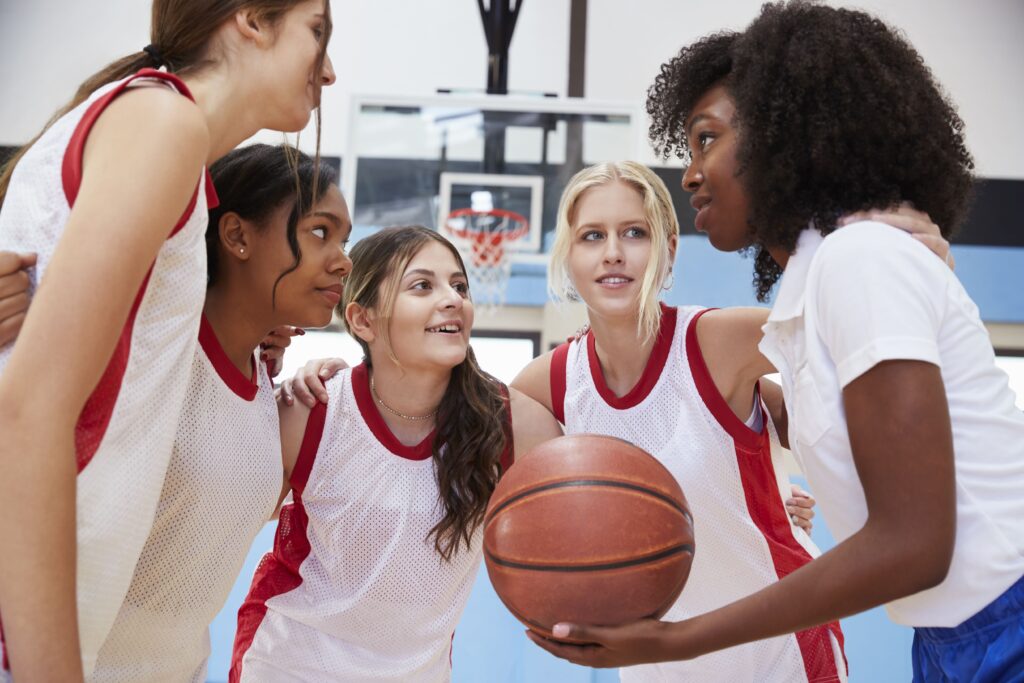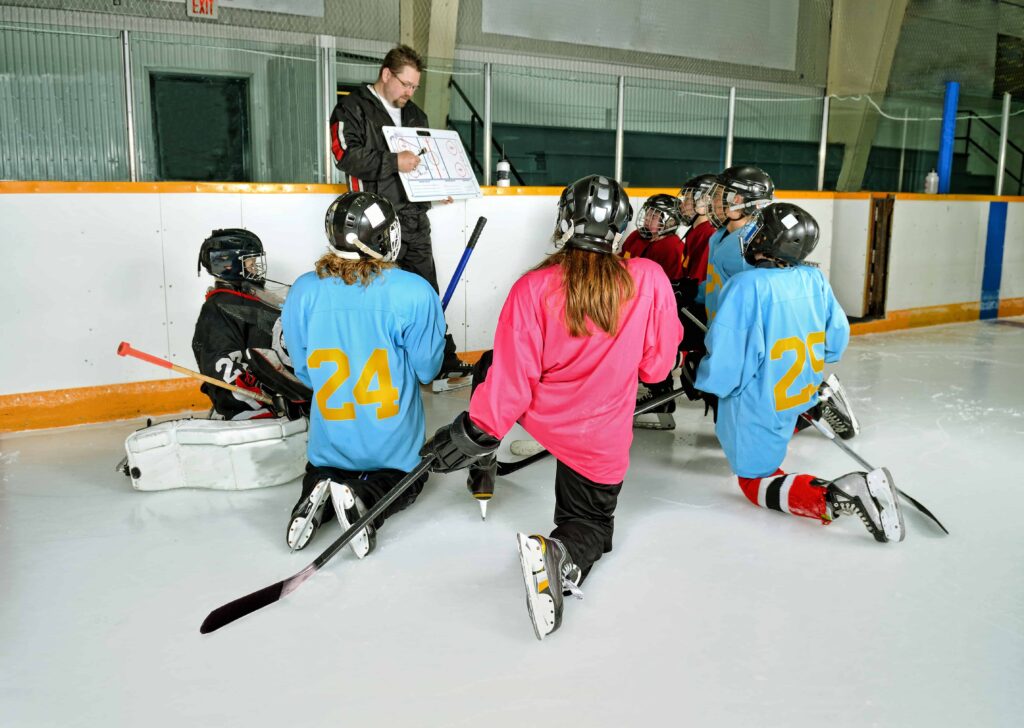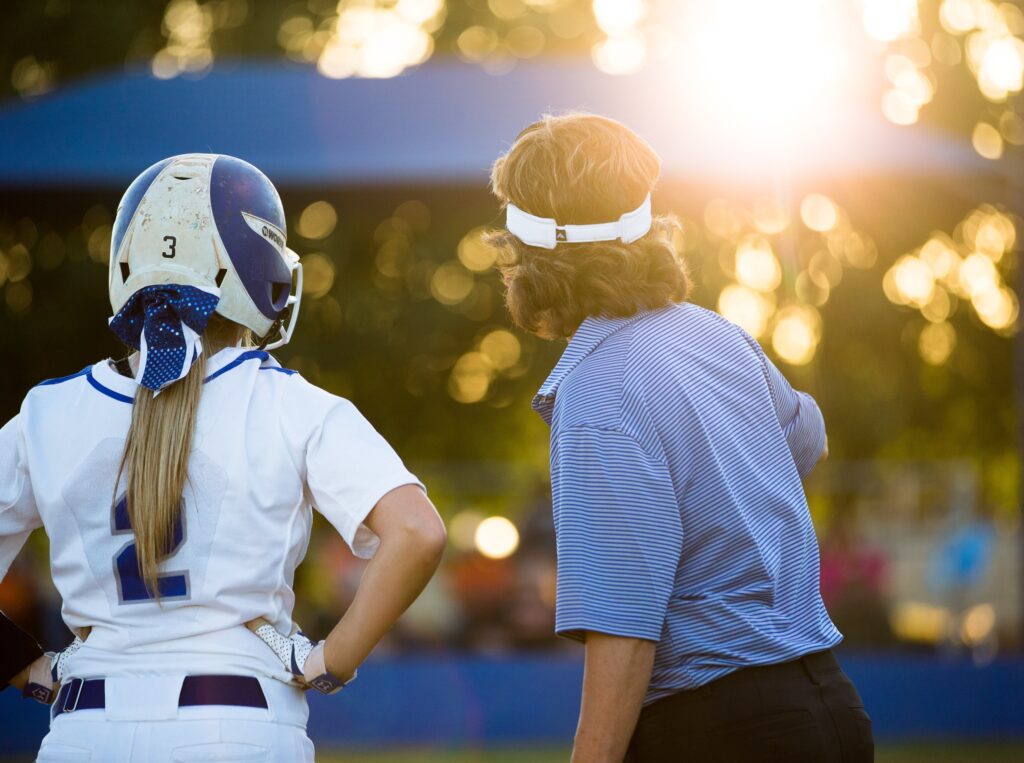Multi-sport collaboration
Compared to early specializers, youth who participate in multiple sports early in their development often experience fewer injuries, enhanced movement skills and a greater likelihood of long-term sports participation. But in Canada’s North, sport participation opportunities for youth can be few and far between. Discover how table tennis and hockey came together to enhance player…
Let them lead: The benefits of shared athlete leadership

In its inaugural season, the Las Vegas Golden Knights, a team of so-called “misfits” patched together from 30 other National Hockey League (NHL) teams, reached the Stanley Cup finals. One reason for their success was that they didn’t assign traditional on-ice captains. Instead, the team philosophy was that there were “23 captains.” According to Golden Knights forward…
Process of change
The Safe Sport journey involves a cultural change in sport. Such a change can challenge traditionally accepted assumptions and practices, such as having coaches share hotel rooms with athletes to save costs or using exercise as punishment. For sport leaders, understanding the process of change and associated emotions (i.e., denial, resistance, exploration, commitment) is important…
Perfectionism
Many top performers experience perfectionism, the need for their performance to always be perfect. While striving for flawless performance may seem like a good thing, research shows that perfectionism positively predicts burnout among competitive athletes. Burnout is also more prevalent among athletes who perceive their coaches as perfectionistic.
One size doesn’t fit all
For Para athletes, existing concussion assessment tools, like the SCAT5, can be useful, but may require modification. In its first position statement, the Concussion in Para Sport Group address adaptations for concussion assessment, management and return to sport for Para athletes. For example, the Wheelchair Error Scoring System (WESS) can be used with the SCAT5…
Understanding your role in sport and why it matters

When talented athletes come together to represent a nation, some must inevitably accept different roles than they have on their respective league teams. This was the case when Steve Yzerman, the architect of Canada’s 2014 Men’s Olympic Ice Hockey roster, based role assignments of selected athletes on positional need, player style and teamwork, rather than…
Gender and sport ambition
In Norway, boys and girls participate in sport at about the same rate. But while boys are more likely to talk about becoming professional athletes and going “all in,” girls are more likely to talk about their goals in terms of skill development. Cultural narratives influence girls’ and boys’ sport-related ambitions, which in turn influences…
Self-compassion and performance failures
Mistakes and failures are part of sport, but athletes are highly susceptible to emotional suffering that stems from harsh evaluations of their sport performance from themselves and others (e.g. teammates, coaches, spectators, parents). Performance failures in sport can lead to decreased mental health, a diminished sense of self, and emotional distress. Self-compassion can enable athletes…
Pick-up basketball
Playing pick-up sports, ranging from hockey to basketball to soccer, can have a positive impact on players’ wellbeing. In a case study of a weekly pick-up basketball game, researchers found that regular players developed a sense of belonging, community and kinship through their weekly games.
A real-life Moneyball: How to identify, select and integrate members into your team

Whether people are baseball fanatics or just Brad Pitt fans, they’ve most likely seen the film Moneyball. It’s based on the true story of Billy Beane, the former General Manager of the Oakland A’s in Major League Baseball (MLB). Beane changed sport recruitment forever with his use of statistics to scout talent, choose players, and establish…